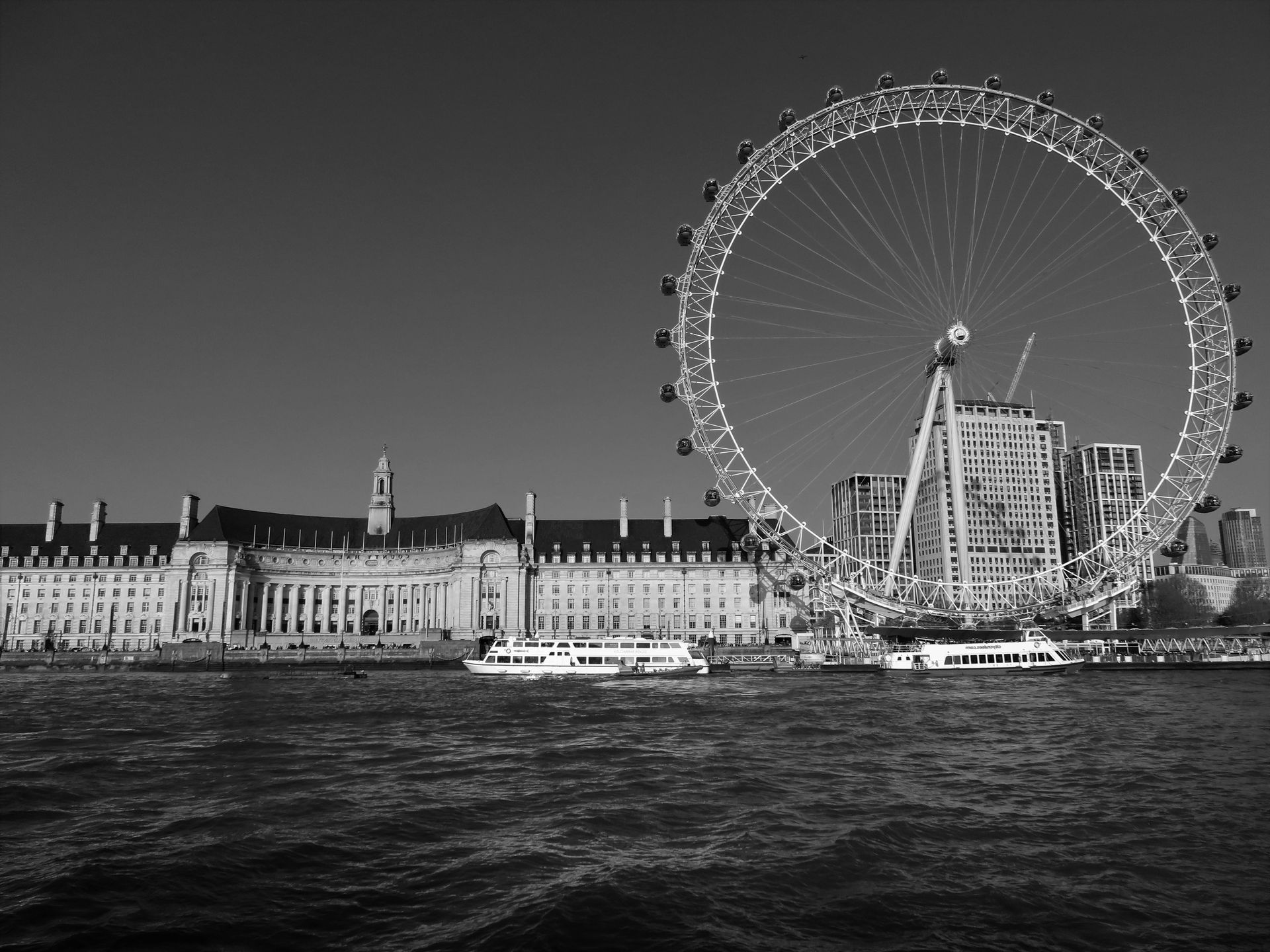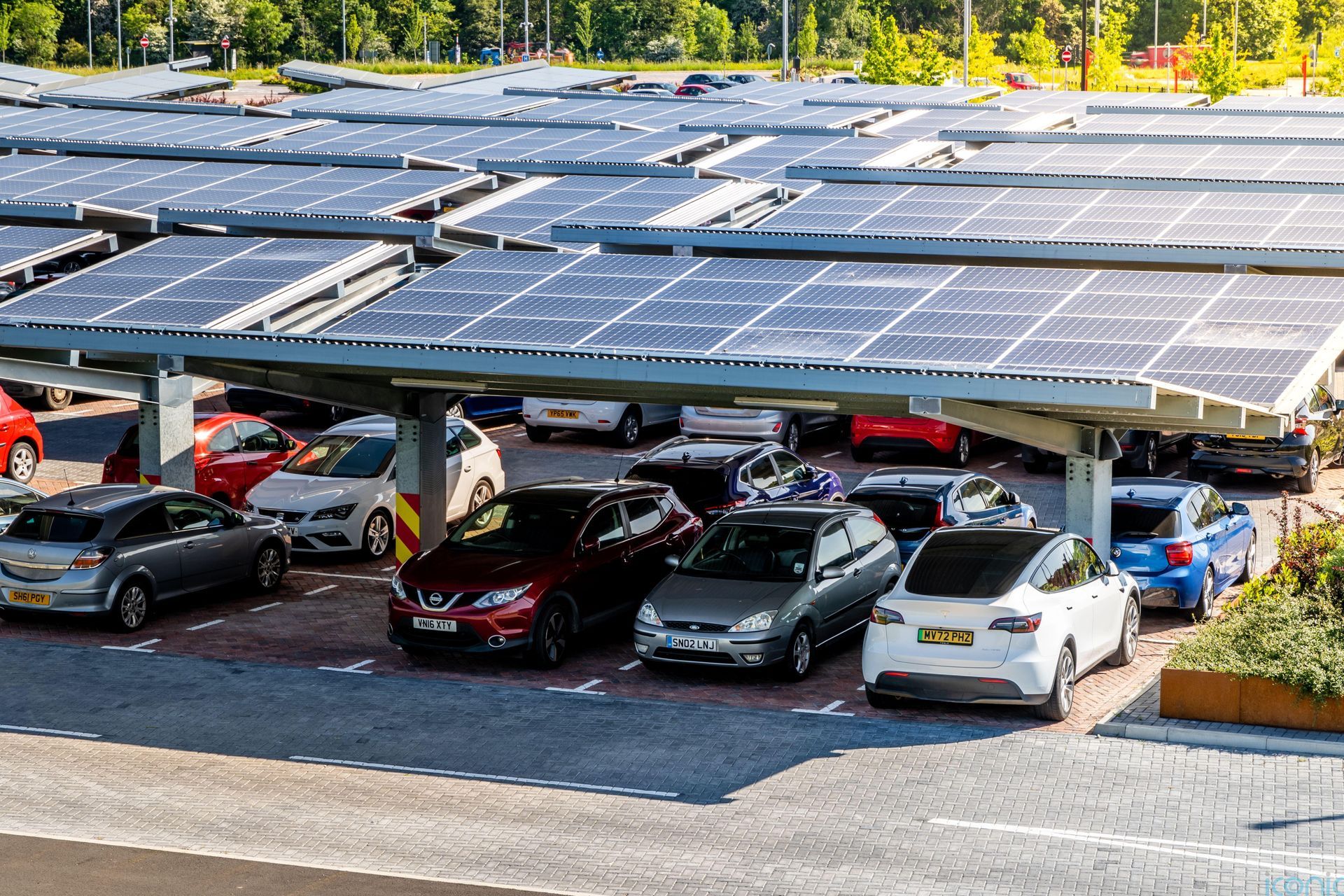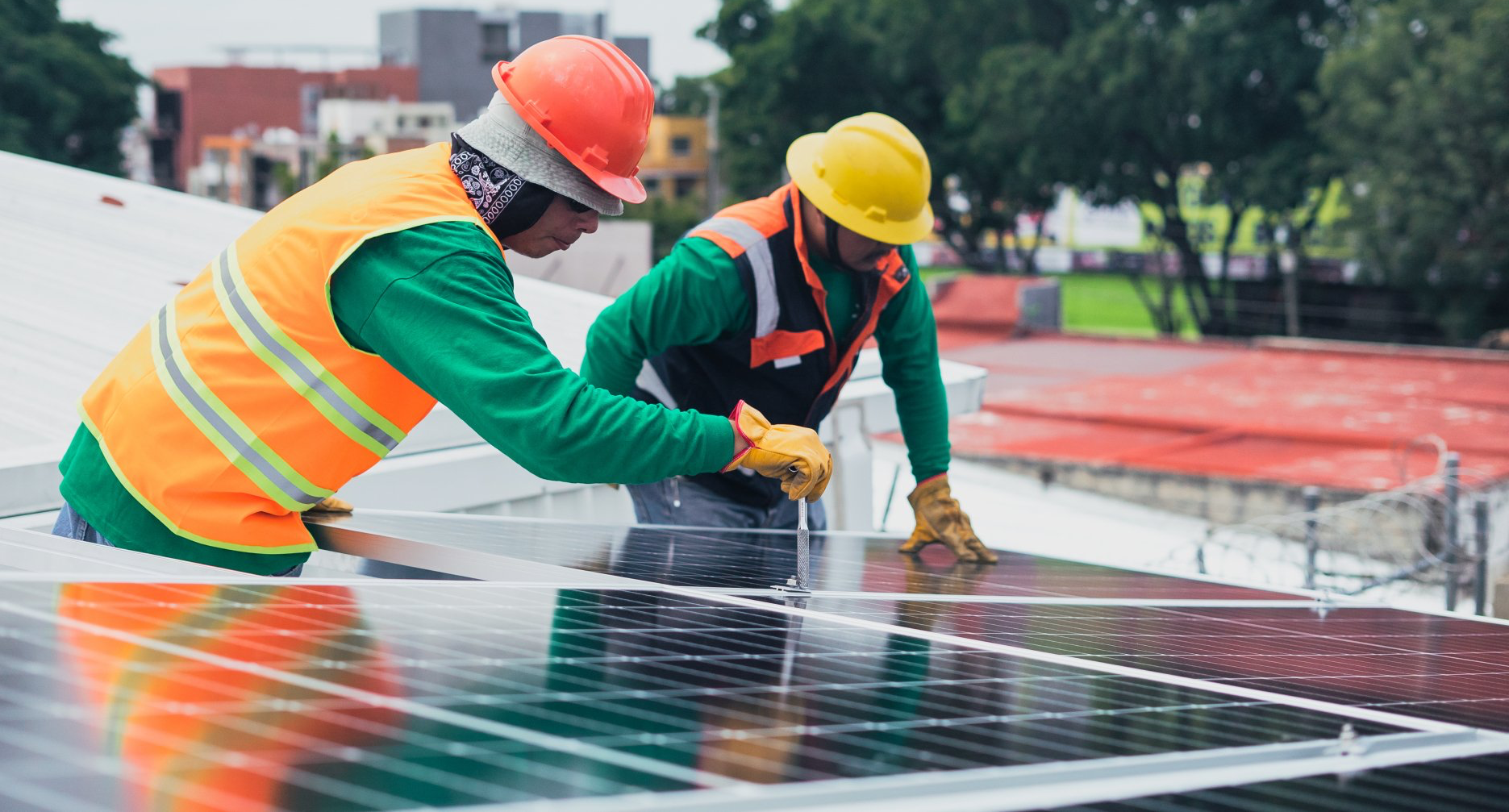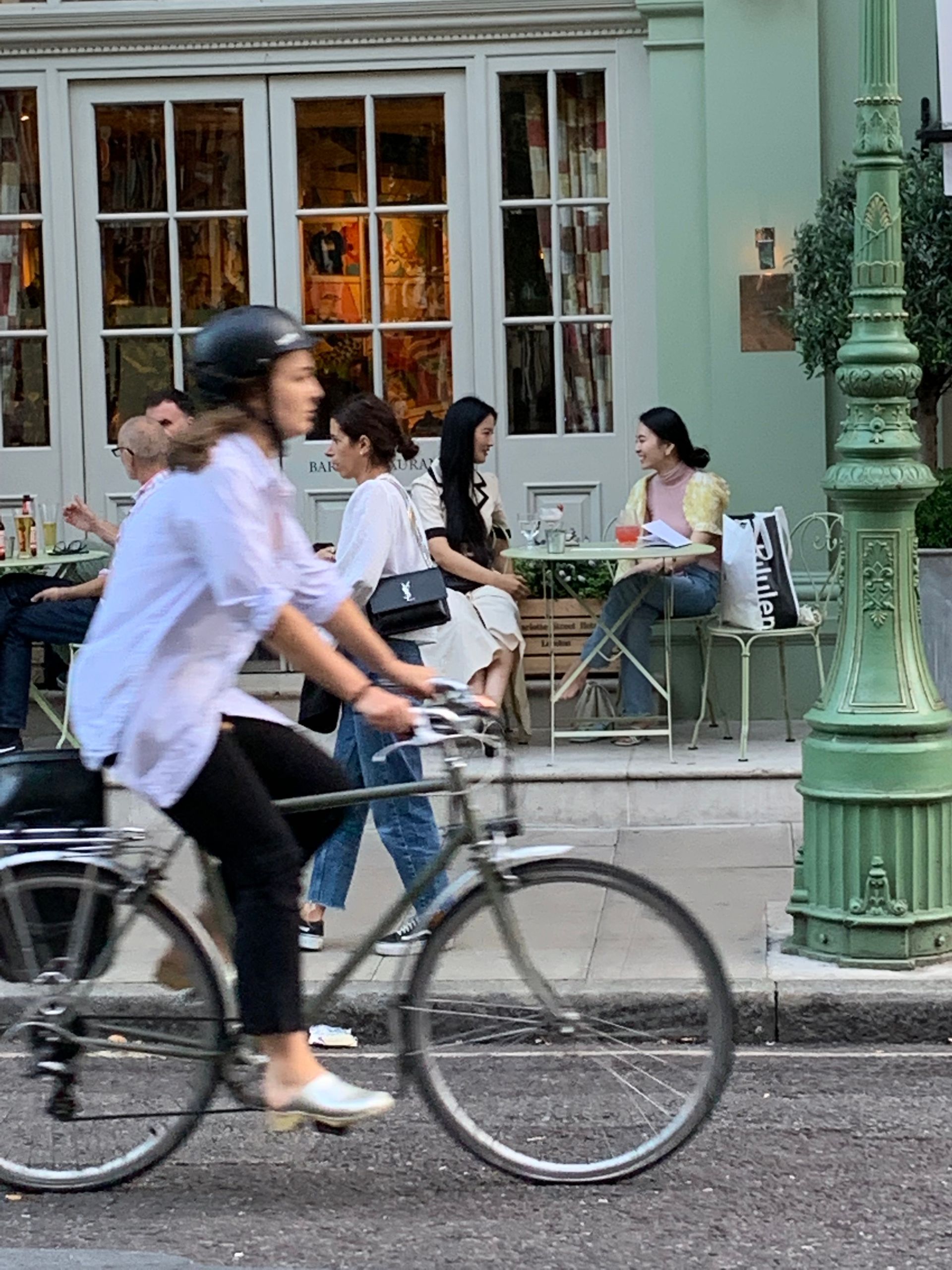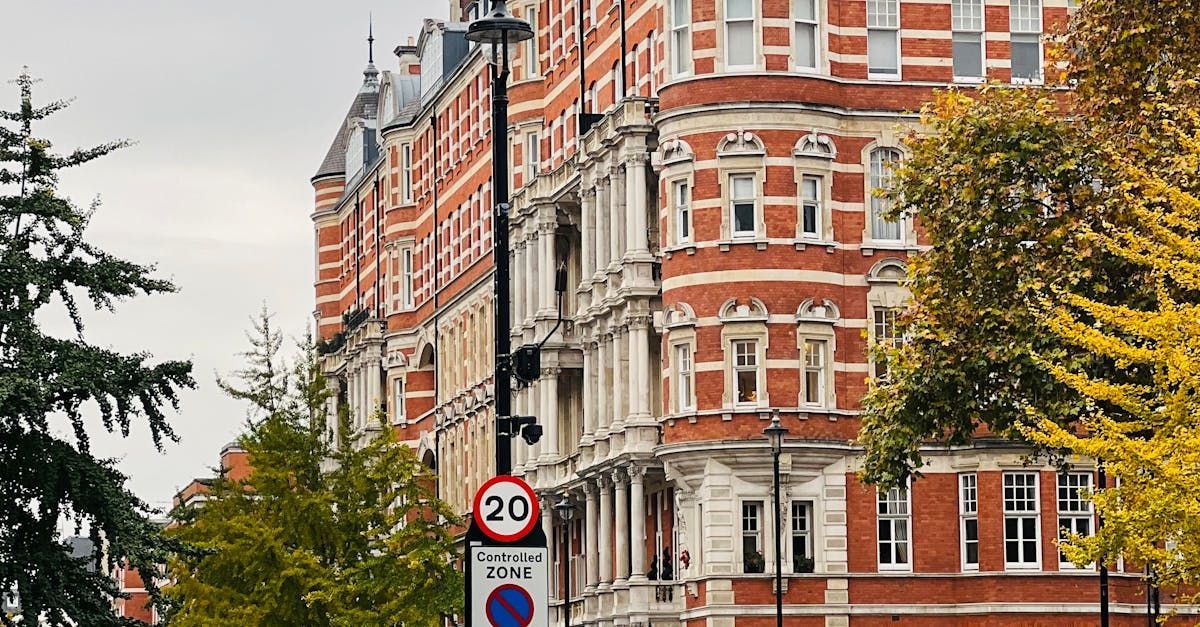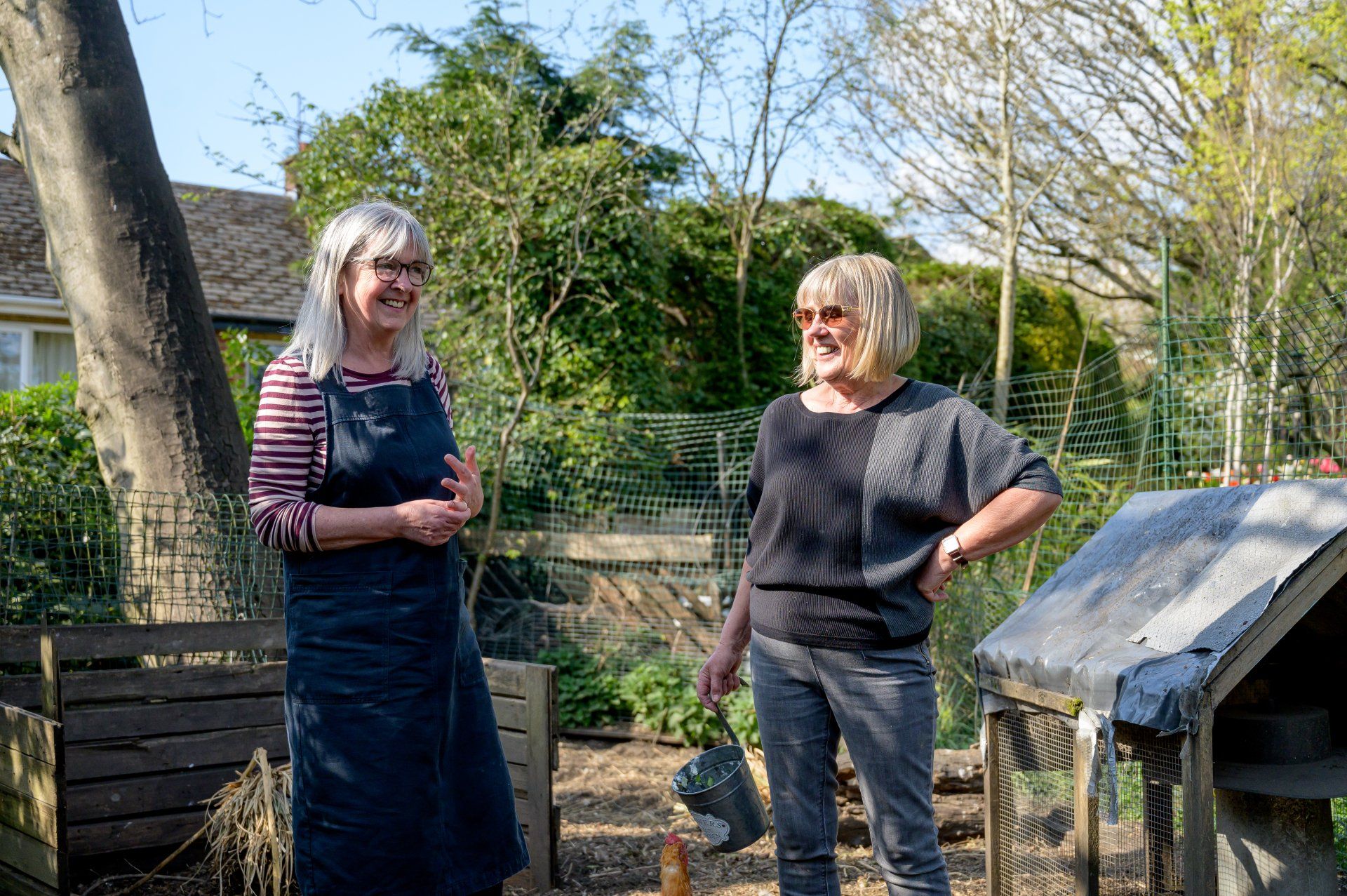Facts don't always persuade: transport behaviour change and public perception
The government recently announced a stretching target to cut emissions by 68% by the end of 2030. Targets are critical to focus the mind, but delivery of carbon reduction projects is key to success.
Transport is now the single largest source of carbon emissions in the UK. By investing in and encouraging more cycling we can reduce carbon, work towards a people centred city and improve health, safety and air quality for all.
Implementing modal shift is not easy but is essential if we are to migrate to a zero carbon economy. Take for example the pop-up cycling schemes that have been introduced during these Covid 19 times, funded by the Government’s Active Travel Fund. Ten schemes have already been removed after short trials.
One scheme on Kensington High Street was in operation for around 8 weeks. During this time, views on the new cycle route became polarised. Cycling tripled while the lane was in place but opponents argued that it “caused” congestion.
A factor in the strong views against the scheme could be that the lockdown and its negative economic impacts are affecting people's feelings about anything they perceive to be imposed upon them. People feel better about what is happening if they feel they have a choice and a say.
We believe in finding engaging ways to use data and evidence to inform the public and decision-makers. Perceptions can be misleading: whilst queuing in a car, drivers could be forgiven for feeling frustrated by what they perceive to be an adjacent unused cycle lane. But their snapshot is likely mistaken as the data shows that cycle lanes are more popular and more efficient at carrying volumes of people than private vehicles.
Public opinion is critical for the success of high quality cycle routes. During Covid-19 quick decisions have had to be made, with imperfect information in an unprecedented crisis. As we gradually emerge from the pandemic in 2021, there is the opportunity to think, plan and deliver in collaborative, considered and evidence-led ways. This is crucial for the transition to a zero carbon economy.
